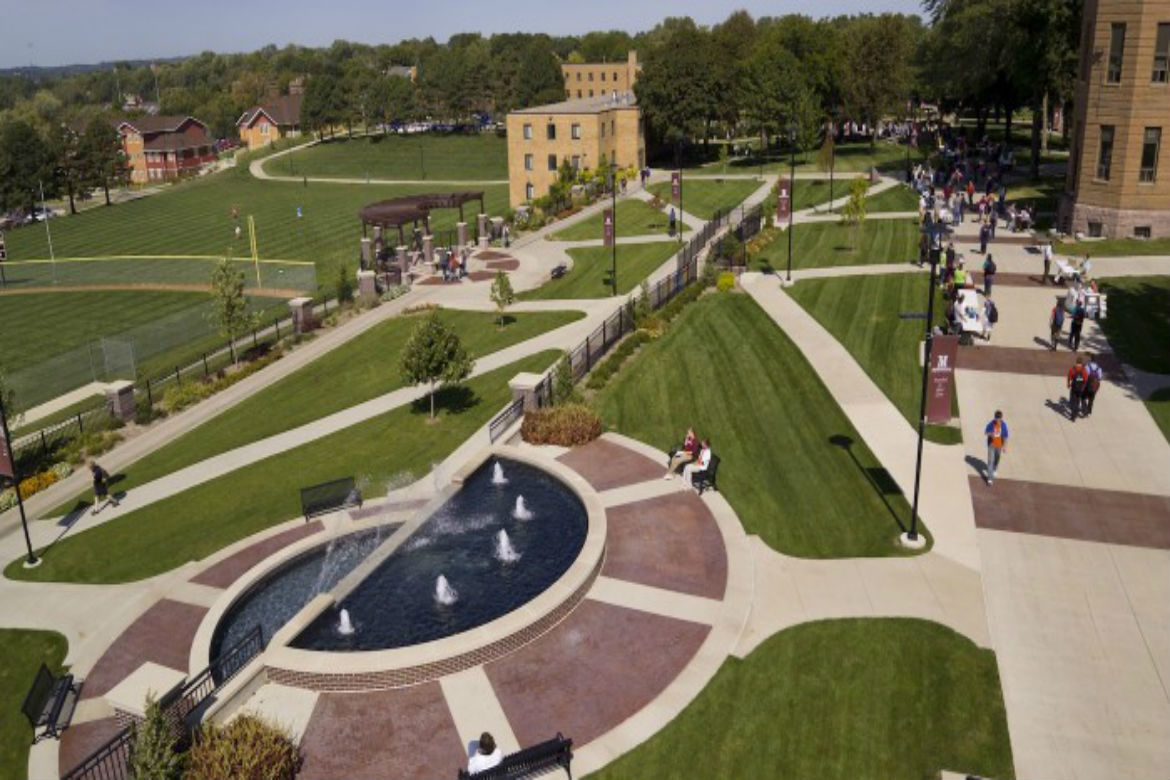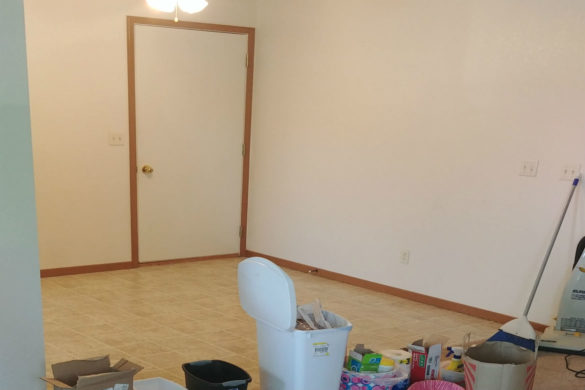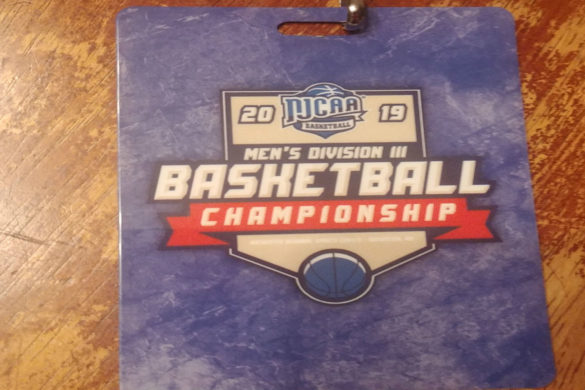In conjunction with the Jim Nantz Awards, Sportscasters Talent Agency of America released their top five broadcasting schools for the year. The top names were pretty predictable: Syracuse, Arizona State, Ball State, Missouri, and Indiana. If you follow broadcasting or journalism in general, you wouldn’t be surprised to see any of these schools near the top of any list. Going to a big broadcasting school is certainly a path that can lead to success — that has been proven over and over again. Take a quick look at Syracuse/Newhouse broadcasting alumni alone! It’s a veritable who’s who of big names in our industry. When I was between broadcasting gigs, I briefly considered going to graduate school and many of these schools were high on my list.
On the other hand, I think sometimes young broadcasters assume that the only way to succeed in sportscasting is to go to a big school. For my sake, I certainly hope that’s not true. In my opinion, there are many advantages to going to a small non-traditional broadcasting school. How do I know? I went to Morningside College in Sioux City, Iowa. It is an excellent small liberal arts college, but has little to no broadcast media reputation outside of a 50-100 mile radius. So what are the advantages of going to a non-powerhouse school? I’m glad you asked!
- It’s easy to get reps! I don’t know the complete process of how reps are distributed at big schools, but it’s usually a competitive process, and you have to pay your dues. When I didn’t make the varsity basketball team as a sophomore at Morningside, I asked to get involved with the sports broadcasting program and I was on the air a week later. Before I left school, I had football, basketball, and softball experience. I wasn’t great, but I knew I loved it and I had the opportunity to cultivate that passion.
- You don’t have to know what you want to do. I started as a mass communications major focused on print journalism. I quickly learned that it wasn’t for me and switched to advertising with a focus on graphic design. That also wasn’t for me. Once I figured out that I loved sportscasting, I switched back to mass communications and was able to still graduate in four years with a bevy of experience. I don’t know this for a fact, but I would guess that to succeed at a big-time broadcasting program, you better know what you want to do as a freshman or be unusually talented to make up for lost time. I definitely did not fit into that category, but I was able to figure it out as I went because I went to a small school.
- You have to rely on yourself. One of the biggest advantages of going to a large program is the high-level instruction and networking opportunities. I’m certainly not denigrating the value of such instruction. However, going to a small school, you are forced to figure things out on your own. When you get into the jungle that is the sportscasting industry, you need to be able learn to solve problems and adapt quickly. More than anything else, Morningside taught me how to learn in a professional environment. I’m assuming most other small colleges focus on the same thing.
- You’re a name, not a number. This is a bit of a cliché, and I could be jumping to conclusions, but with the large number of people who want to go to powerhouse schools, it’s extremely unlikely that you will develop a close relationship with your professors until you are an upperclassman. At Morningside my biggest class, Intro to Mass Comm, had maybe 50-60 people in it. I was able to get to know faculty early in my college career and they were able to recognize qualities in me that I didn’t realize, and wouldn’t fully understand until years into my professional career. I may not have gotten the in-depth sportscasting instruction, but I’ve had mentors who believed in me from day one and continue to do so today.
I want to finish by saying that I’m not saying that it’s better or worse to go to a small college or a power program. The proof is in the pudding that going to a big program can set you on the fast track to success. However, there are many examples of people who were successful taking other routes. Mike Grimm, the voice of the University of Minnesota went to tiny Luther College. Tom Brokaw went to the University of South Dakota. Only you can know what’s best for you and going to a small college was best for me.










